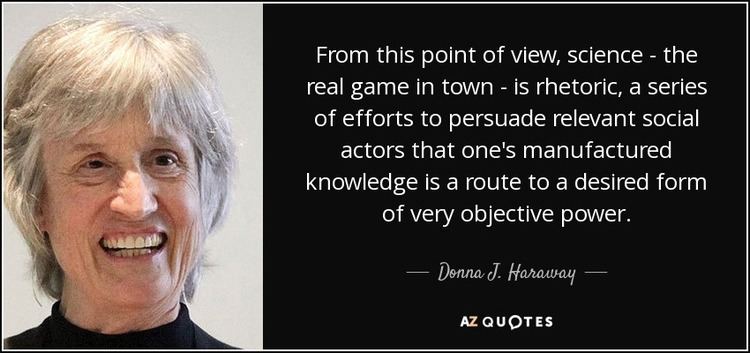Many scholars point out that Michel Foucault’s body of work is mainly Eurocentric. For instance, his work on The History of Sexuality Volume I: The Will to Knowledge – in which he postulates that on the onset of modernity, homosexuality has emerged as an identity – might be true within the Western context but not necessarily useful when trying to understand same-sex ideas and practices in differently developed societies, such as the Philippines. But then at the same time, it is also important to acknowledge that – at least in his work on the History of Sexuality, Foucault does not claim universality. His view on the discourse on sex and how it paved away to the emergence of homosexual identity deals specifically on the context of Western socio-cultural and historical context.
Although Foucault’s work deals with the ideas on homosexual identities within the context of the modern West, it can nonetheless still inform – at least in part – our reflections on same-sex practices and encounters in non-Western societies like the Philippines. The main objective of this post is to further expound on Foucault genealogical history of homosexuality by looking into the traditional ideas and believes around same-sex sexualities within the context of the Filipino society. In this post, I would like to demonstrate how the construction of the Bakla identity can disrupt the linear narrative through which the history of the modernized gay identity is told.
Continue reading “Bakla and Foucault: Some Reflections on Michel Foucault’s History of Sexuality and the Traditional Ides and Believes around Same-Sex Sexualities in the Philippines.”